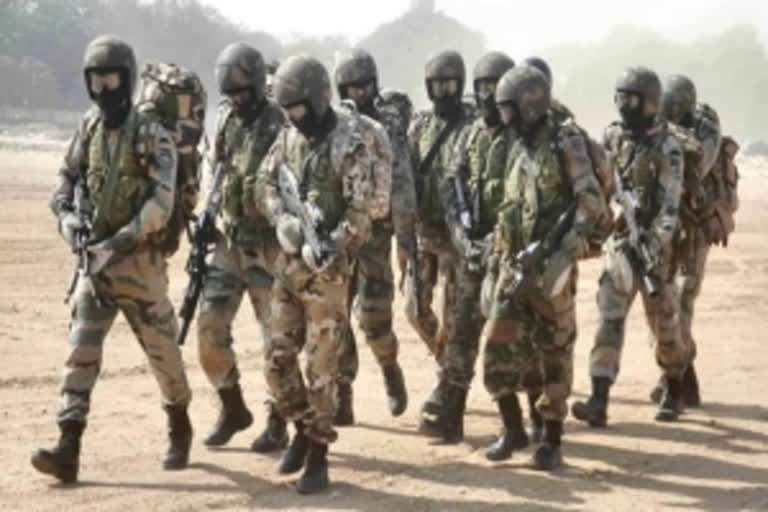New Delhi: For the first time ever in its secretive 58-year-long history, ‘Establishment-22’ or the Special Frontier Force (SFF) got an opportunity on the intervening night of August 29-30 to match soldierly skills against China’s People’s Liberation Army (PLA) in the high oxygen-depleted peaks of eastern Ladakh.
It was a tactical contest between the two sides to occupy the dominating heights and that the SFF did with aplomb in the area which is rather in the grey zone of the Line of Actual Control (LAC).
But for the five-battalion strong SFF or about 5,000 men and women high-altitude mountain fighters, it was the first-ever exercise on their prime mandate—to operate on and across the India-China frontier in case of a conflict between the two countries.
Having carved out name and fame for its stellar role in the Liberation War for Bangladesh in 1971 and having been engaged in numerous overt and covert missions including raising guerilla fighters in foreign shores, the SFF is a strange organization in the sense that it is not under the control of the Ministry of Defence.
While the SFF has won gallantry awards by the dozens in numerous wars and conflicts, they are not publicized. Rather, the awards are handed over in hush-hush private ceremonies conducted at Rashtrapati Bhawan in New Delhi.
Also Read: Indian troops violated the consensus reached in previous multi-level engagements: China
Headquartered in Chakrata, near Dehradun, most of the top SFF brass is from the Army special forces or the Paras while the men and women troopers are tough mountain folk comprising mostly Tibetans originally hailing from the Khampa region or Gorkhas.
Controlled by the Cabinet Secretariat, which is under the PMO, SFF is among the best mountain warfare troops in the world.
A serving defence official told ETV Bharat, "The Aug 29-30 incident may be a response to the PLA surreptitiously setting up positions on the Finger 4 ridgeline during the May 5 incident when there was a scuffle between the two sides on the northern bank of the Pangong Tso. It is from the dominating ridgeline that the PLA is refusing to budge now."
“The PLA would now know that two can play a game. And that is what was done by taking over and setting up positions on a dominating spot very near to a PLA position. It took them by surprise.”
Also Read: Chinese PLA violates status quo near Pangong lake, says Indian Army
While China claims the contested area is on their side of the LAC, India says it is on the Indian side. Both sides do not quite agree where the LAC lies. In other words, it is a multi-layered battle of perceptions.
But two SFF soldiers—including a senior officer—lost their lives during the operation when they stepped on a mine that was possibly a remnant of the 1962 India-China war.
Incidentally, it was the southern bank of the Pangong Tso besides Galwan Valley that was in the thick of the action in the 1962 war with China while the vociferously contested northern bank was free of incidents.



